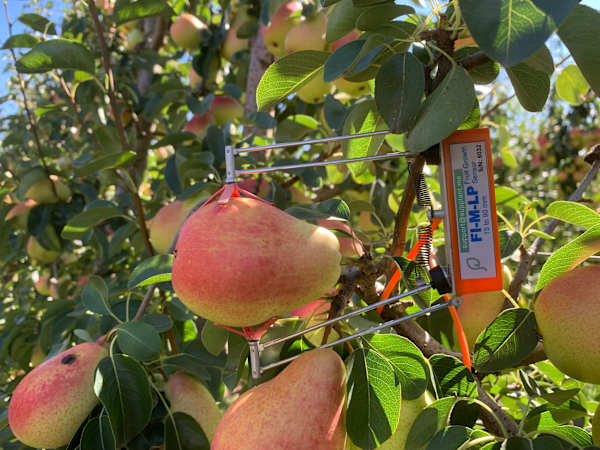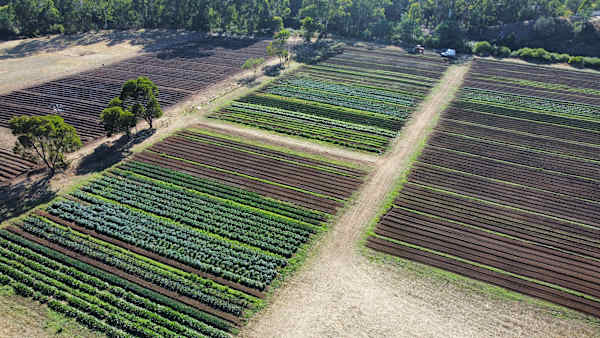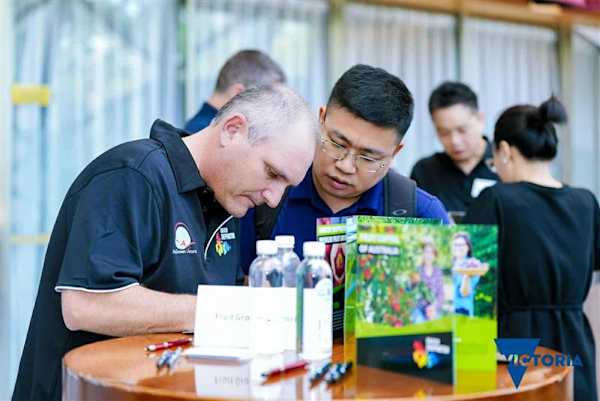THE Victorian government is supporting the state’s nursery and garden industry to grow and prosper, including attracting new workers for the future and strengthening farm businesses in response to a changing climate.
Minister for Agriculture Ros Spence opened the Nursery and Garden Industry Victoria (NGIV) 5th Annual Horticulture Showcase at parliament house on August 27, announcing a new horticultural pilot program for First Nations horticultural businesses.
Part of Agriculture Victoria’s Farm Business Resilience program, the First Nations nursery skills and knowledge exchange project will be delivered with NGIV, Barengi Gadjin Land Council, The First People of the Millewa Mallee and nursery businesses.
“The First Nations nursery skills and knowledge exchange project is an exciting pilot to support horticultural businesses to rise to meet opportunities and challenges in the future,” Ms Spence said.
Victoria produces over one-third of all green life - seedlings and plants - in Australia, producing ornamental flowers and trees, vegetable growing, fruit production and forestry.
Latest Stories
The NGIV Showcase was a week-long celebration recognising the scale and diversity of Victoria’s $2.5 billion horticulture industry, and the essential role it plays in growing healthier environments, communities, and economies for all Victorians.
This year’s showcase display brought lush plants into Queens Hall at parliament house, focusing on native and productive plants to acknowledge the importance of sustainability in a changing climate.
It was designed by Andy Sargood and Madeleine Scott -Mackenzie winners of the Award of Excellence at the 2023 Melbourne International Flower and Garden Show.
Founded in 1903, Nursery and Garden Industry Victoria (NGIV) is the peak body for the state’s nursery and garden horticultural industry, representing the interests of 4,500 businesses.
The government is working to address the need for more skilled workers across the sector, in the Victorian budget 2020/21 $50 million investment was made into the Agriculture College Modernisation Program to help more Victorians pursue careers in horticulture and develop skills in a practical and modern learning environment.
The Agriculture TAFE and Training Fund is an important part of this program, where $3 million in funding delivered four projects across the state, focusing on the strengthening the horticultural sector and covering training, leadership and workforce development.














